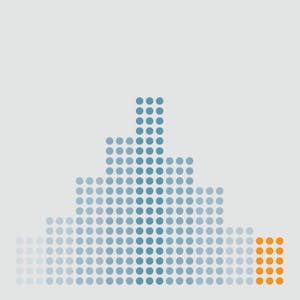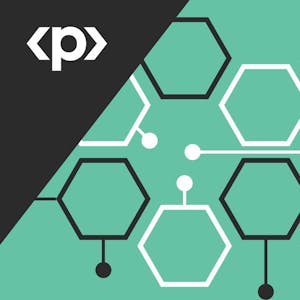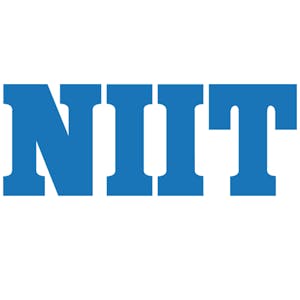Qualitative Research
About this Course
In this course, the second in the Market Research Specialization, you will go in-depth with qualitative market research methods, from design to implementation to analysis. Week 1: Define qualitative research and how it differs from quantitative research. Explore the various qualitative research methods and evaluate when and how to use them for your research project. Week 2: Design the qualitative instruments necessary for your interviews or focus groups, and plan your recruitment efforts. Write questions and prompts to ask in an interview or focus group. Design a moderator guide and a screening questionnaire to use when recruiting your participants. Week 3: Recruit participants for your focus group and apply techniques to ensure they show up and participate. Act as a moderator during your focus group and apply strategies to handle various types of situations. Probe responses and engage participants in a group discussion, while collecting qualitative data and keep the discussion moving. Week 4: Organize and analyze the data you have collected. Transcribe the audio from your focus group or interview and interpret your notes. Write a focus group report that can be presented to your stakeholders and see how this information might relate to your quantitative research. Take Qualitative Research as a standalone course or as part of the Market Research Specialization. You should have equivalent experience to completing the first course in this specialization, Research Report: Initiating Research, before taking this course. By completing the second class in the Specialization you will gain the skills needed to succeed in the full program.Created by: University of California, Davis

Related Online Courses
Explore the world of luxury hospitality branding and learn how to manage, maintain, and innovate within this exclusive industry. This course identifies the unique challenges, trends, and... more
This course covers commonly used statistical inference methods for numerical and categorical data. You will learn how to set up and perform hypothesis tests, interpret p-values, and report the... more
Looking to enter the automation industry with the latest technologies or learn how Selenium WebDriver and Python programming are used in automation projects? This course helps you build a solid... more
Backend refers to the server side of development. Here, the primary focus is on how a website works. Node.js is considered efficient for the development of backend applications as it brings... more
By the end of this second course in the Total Data Quality Specialization, learners will be able to: 1. Learn various metrics for evaluating Total Data Quality (TDQ) at each stage of the TDQ... more








